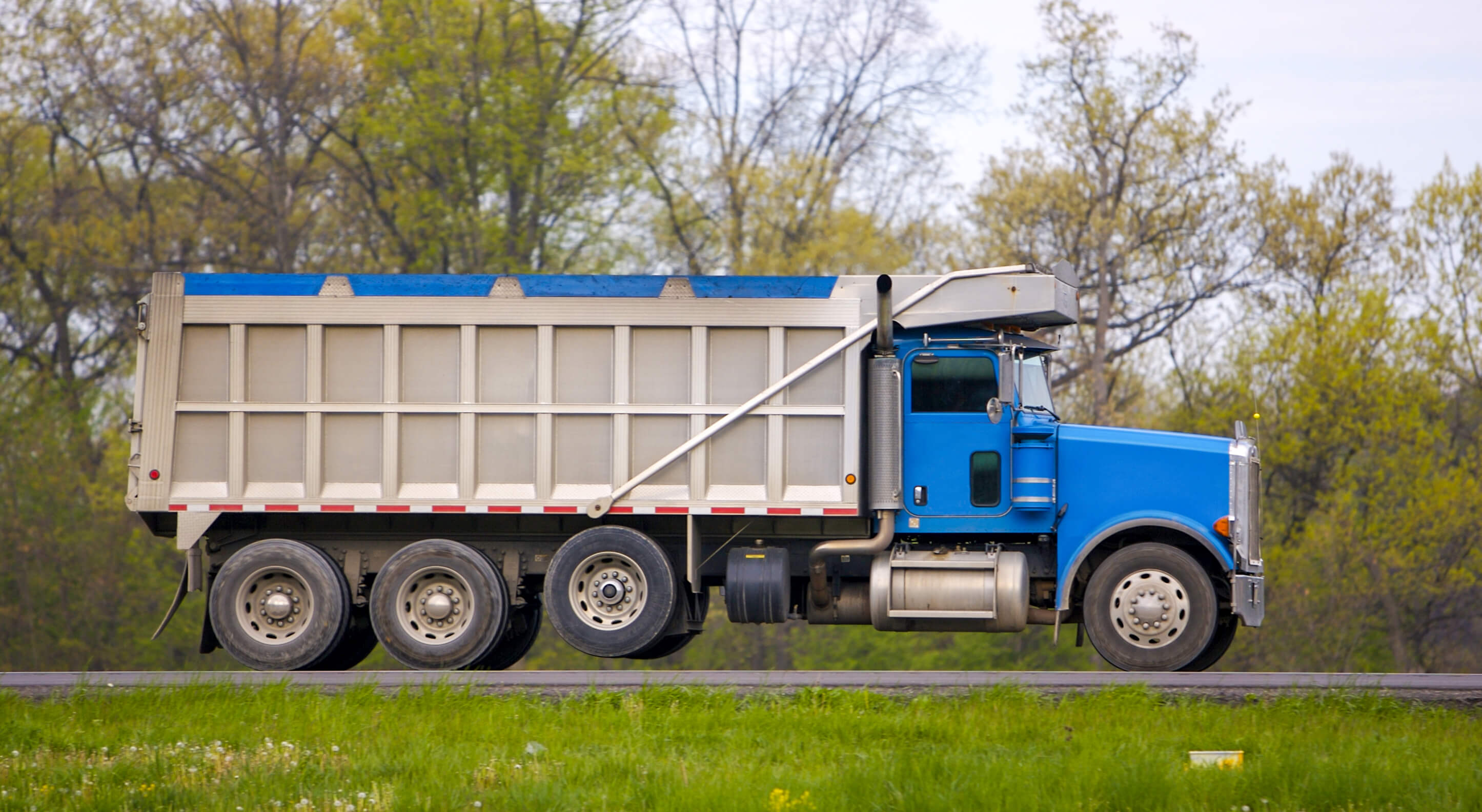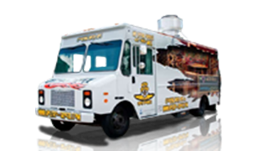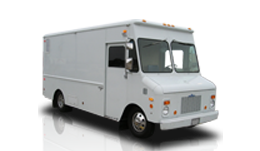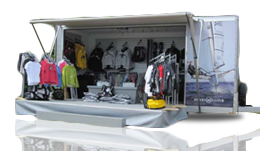Dump Truck Tarping Laws Every Trucker Should Know

Imagine this: A man is driving a car, following a dump truck carrying gravel without any cover. Suddenly, the wind blows and a piece of stone flies and shatters the car’s windshield. The man panics and loses control of the car. He hits an electric post and dies on the spot.
This is an example of the worst thing that could happen when dump trucks haul loads that are improperly covered. The best way to prevent a dump truck’s load from damaging people and vehicles on the road is to cover it with a tarp. Tarping means using a large tarpaulin sheet to cover the truck’s load. They are affixed to the truck via chains, straps, or tie-downs. These attachments secure the tarp and the load from falling off the truck. Read on to learn the basics of dump truck tarping laws.
What’s Inside
Importance of Dump Truck Tarping
Why would a dump truck driver not cover his load with a tarp? The main reason dump truck drivers choose not to tarp is to save money and time. First, they don’t want to put extra money into buying a tarp. Second, they don’t want to exert extra effort and time to cover the load with a tarp even though they have one.
However, not tarping a dump truck puts others at risk. The truck driver is also putting himself or his company more possibilities to pay liability damages. If you are a dump truck driver or operator, always remember that tarping is a good idea even if the law of a certain state does not require it. Buying a tarp and taking time to cover your load with it is much cheaper and easier than facing lawsuits and paying for costly damages.
Here’s the importance of dump truck tarping.
Ease of Use
Tarps are the easiest types of cover you can use to cover dump truck loads. A single tarp can basically cover its large container. Modern dump trucks are fitted with aluminum or steel frames with an easy manual roll system. Others are connected to an electric motor that automatically rolls and unrolls the tarp. It will be easier to drive a dump truck covered with a tarp as the driver doesn’t have to check the load from time to time. The dump truck driver also doesn’t need to worry that the load may cause road damages or hazards despite different weather conditions.
Environmental Safety
There are times when dump trucks are used to carry commercial waste. The last thing anyone could wish is for this hazardous waste to fall from the dump truck and contaminate the environment. So, dump trucks carrying waste materials must cover these types of loads with tarps. The same principle goes to loose materials that can pollute the air.
Liability Issues
A small piece of stone or loose debris coming from a dump truck load is highly possible to cause damage to other vehicles. Any loose materials that fall off the dump truck can be a hazard to road safety. These can result in costly damages, serious injuries, and even fatalities. Tarping your dump truck load keeps you away from these liabilities. Again, always remember that tarps and tarping systems are inexpensive if you compare them to paying liability damages.
State Laws
Some U.S. states require dump trucks to cover the goods that they haul with tarps. While others don’t Yet, in general, the Federal Motor Carrier Safety Administration (FMCSA) requires truckloads to be secured throughout the transport. The truck driver should see to it that there are restraints in place to prevent the load from dropping, leaking, or sifting. Failure to do so may cause authorities to prevent a truck from continuing the trip unless the load is properly secure. The truck driver or operator will also be fined accordingly. Thus, dump truck drivers need to cover their loads with a tarp.
Dump Truck Tarping Laws
Regardless of the type of dump truck you are driving, you should be aware of the dump truck tarping laws per state. Here are the basics of these laws to guide you.
Some U.S. states don’t require tarping among dump trucks. These include:
- Alabama
- Arkansas
- Delaware
- Illinois
- Indiana
- Louisiana
- Maine
- New Jersey
- Oregon
- Wisconsin
- Wyoming
In Arkansas, any load containing loose materials like gravel, rock, and sand must be covered even if it doesn’t have any tarping law. Connecticut and New Hampshire exempt agricultural haulers to cover their loads as long as they are cautious. The maximum fine for truck drivers with the same violation in Maine is $500. Maine also requires trucks carrying natural resources like corn stalks, firewood, logs, and straws to cover these loads. Oregon hits truck drivers with leaking or sifting loads by a civil liability and Class B traffic infraction.
A few U.S. states are very comprehensive and strict with dump truck tarping laws.
- California, Hawaii, Illinois, and Indiana adopt stricter rules on truckload leaks and spills. They also have specific rules that penalize dump trucks whose freight impedes the right of way.
- North Carolina enforces extensive commercial cargo securement.
- Pennsylvania requires truck drivers to clean up any spillage that comes from their loads.
- Washington charges truck drivers who violate commercial cargo securement with a gross misdemeanor.







